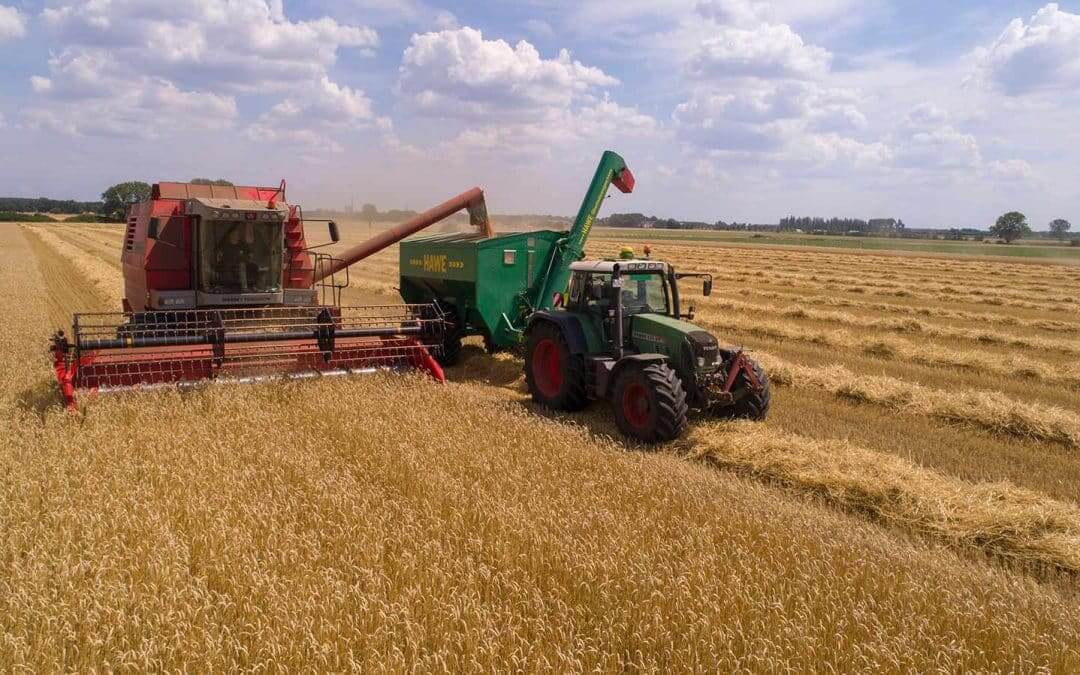Agriculture is the backbone of our food supply but is also a significant contributor to greenhouse gas emissions. From methane released by livestock to the CO2 generated by farm machinery, the agricultural sector has a considerable environmental footprint.
However, with the right practices and technologies, reducing these emissions and making agriculture more sustainable is possible. One such solution is the use of Dipetane, a fuel treatment that can play a crucial role in minimising the environmental impact of farming operations.
Understanding Agriculture Emissions
Agriculture emissions are the greenhouse gases released through farming activities. These emissions primarily include methane from livestock, nitrous oxide from soil management practices, and carbon dioxide from the use of fossil fuels in machinery. Methane and nitrous oxide are particularly potent, with a global warming potential that is many times higher than that of CO2.
The challenge is that agriculture is essential, and reducing its emissions requires a balanced approach that doesn’t compromise food production. This is where innovative solutions like Dipetane come into play, offering farmers a way to maintain productivity while reducing their carbon footprint.
How Agriculture Can Reduce Emissions
Reducing greenhouse gas emissions in agriculture involves a combination of better practices, technology adoption, and efficient resource use. Here are some strategies that can help:
- Improving Fuel Efficiency
One of the most direct ways to reduce emissions from agriculture is by improving the fuel efficiency of farming machinery. Tractors, harvesters, and other equipment are essential but can be heavy emitters of CO2. Using a fuel treatment like Dipetane can enhance combustion, leading to a more complete fuel burn. This not only reduces CO2 emissions but also lowers fuel consumption, making operations more cost-effective.
- Adopting Precision Farming Techniques
Precision farming involves using technology to optimise field-level management regarding crop farming. This includes efficiently using water, fertilisers, and pesticides. For instance, farmers can decrease nitrous oxide emissions by reducing the over-application of fertilisers.
- Managing Livestock Emissions
While Dipetane is not directly used for livestock, supporting energy-efficient practices on the farm can free up resources to invest in methane-reducing technologies, such as feed additives that inhibit methane production in the gut of ruminants.
- Promoting Soil Health
Healthy soils are better at sequestering carbon, helping to offset emissions. Practices like crop rotation, cover cropping, and reduced tillage improve soil health and reduce the need for chemical inputs, thereby lowering emissions.
For more insights on how fuel treatments can aid in reducing agricultural emissions, visit our Agriculture page.
The Role of Dipetane in Reducing Agriculture Emissions
Dipetane stands out as an important tool in the effort to reduce greenhouse gas emissions in agriculture. Unlike traditional fuel additives, Dipetane is a fuel treatment that optimises the fuel’s carbon chain structure, ensuring a cleaner and more efficient burn. This results in lower CO2 emissions and reduces the buildup of harmful deposits in engines, such as those found in tractors and other farm vehicles.
By incorporating Dipetane into their fuel management strategy, farmers can significantly lower their machinery’s emissions, reduce maintenance costs, and extend the lifespan of their equipment. This proactive approach not only supports environmental sustainability but also enhances the farm’s bottom line.
Moreover, Dipetane’s benefits extend beyond just emission reductions. The treatment also improves fuel economy, which is crucial in an industry with thin profit margins. The less fuel is consumed, the lower the carbon footprint is, and the more money is saved—an essential consideration for modern farming operations.
Ready To Reduce Greenhouse Emissions At Your Farm?
By focusing on improving fuel efficiency, adopting precision farming, managing livestock emissions, and promoting soil health, the agricultural sector can make significant strides in lowering its environmental impact. Dipetane offers a practical and effective way to contribute to these efforts.
Give it a go and see how it is making a real difference!

